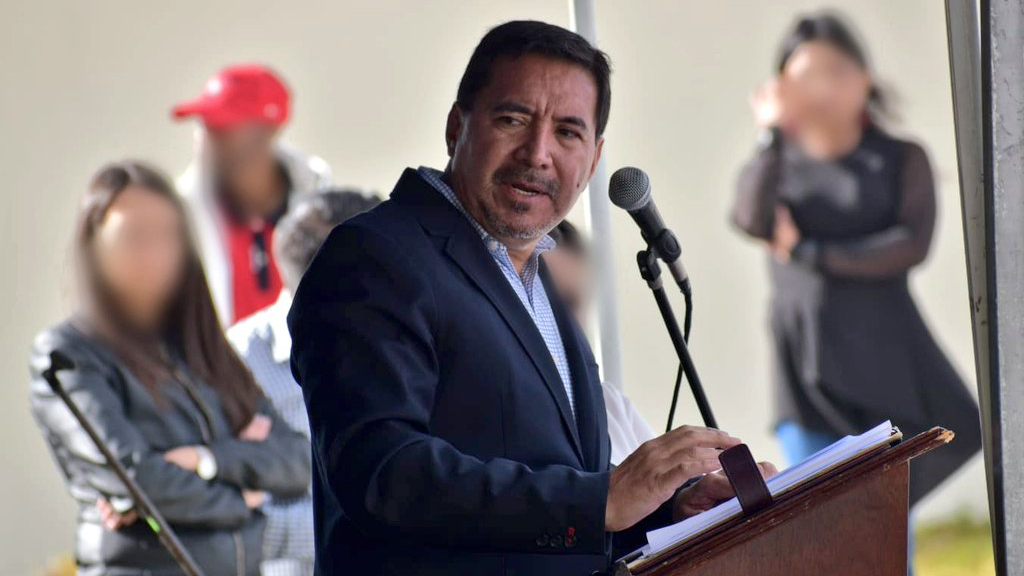The director of National Comprehensive Care Service for Adults Deprived of Liberty and Adolescent Offenders of Ecuador (SNAI), Guillermo Rodríguez, resigned from his position on Wednesday, August 2.
Rodríguez’s resignation as the head of the state agency in charge of Ecuador’s penitentiaries came a week after a three-day-long prison riot at the Litoral Penitentiary in Guayaquil city claimed the lives of 31 inmates, and a series of violent protests were recorded in six other prisons, during which the prisoners temporarily held over 120 people hostage.
In a letter published on his Twitter account, Rodríguez assured that the reasons for his departure were “strictly personal and family-related.”
With regard to his position, he said, “We knew that this battle was extremely difficult, however (…), it was a challenge that we had to take on, despite all adversity.”
He also acknowledged that during his administration “dark acts of organized mafias have caused families to mourn,” and said that “these events have overshadowed a great and tireless work.”
“It is true that there are still several projects to be executed and actions to be taken with a solid State in the face of everything that brings forth the change and improves the system,” admitted Rodríguez, adding that “the first steps have been taken for it.”
Rodríguez, a former police officer, spent 10 months in office, which he assumed in October 2022. He was the fifth head of the SNAI to leave office in just over two years of the Guillermo Lasso government after Edmundo Moncayo, Fausto Cobo, Bolívar Garzón and Pablo Ramírez.
The incumbent conservative president Guillermo Lasso accepted Rodríguez’s resignation and thanked him “for the services rendered, for his courage and commitment to the country,” while informing that his replacement would be announced in the coming days.
Ecuador’s prisons have been plagued by shootings, riots and violent confrontations since 2021. The Lenín Moreno and Guillermo Lasso governments have failed to stop the violence. According to official data, since January 2021, 485 prisoners have been killed in the state’s custody in 26 massacres in different prisons.
The latest surge, which took place amid campaigning for elections scheduled for 20 August, has pushed some presidential candidates to pledge prison reforms, including electronic surveillance systems and more prison officers.





